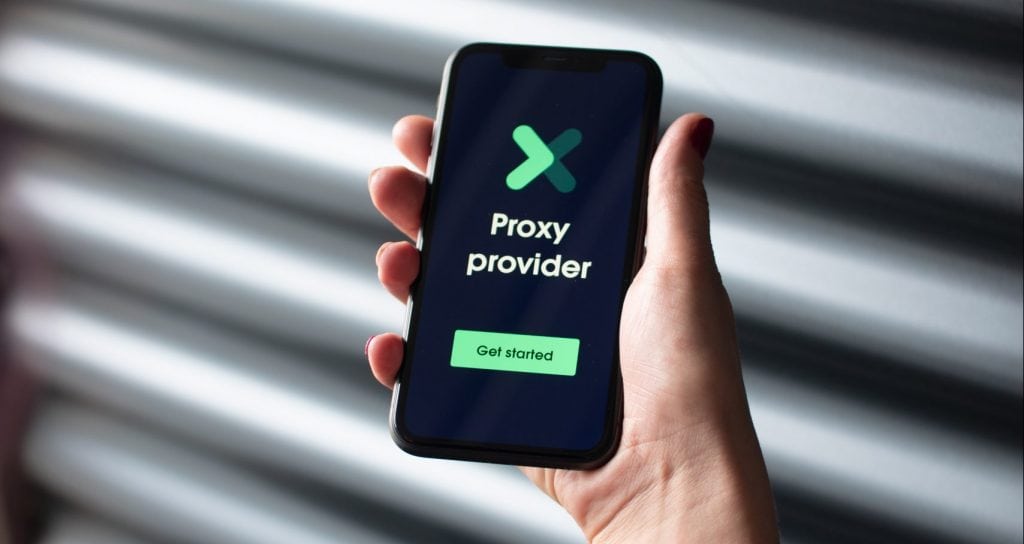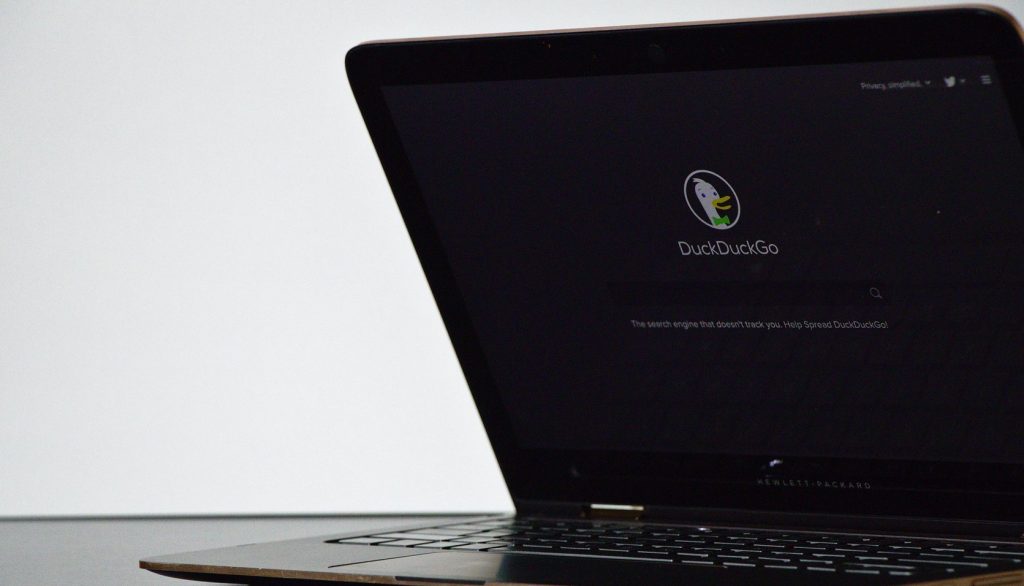Amidst the increasing online data breaches and identity theft incidents, every digital citizen must start protecting their data online. In this scenario, one must embrace all possible measures to keep themselves anonymous for better digital security.
This article strives to equip you with the most #advanced tools available to increase your privacy and #online anonymity within the digital space. Share on XTop Tools You Should Use for Security and Anonymity
Online security is a crucial concern as cybercriminals are always on the prowl to steal information about individuals. Before your digital footprint spirals out of control, you should start using anonymizing services and tools to protect your identity online.
Virtual Machines
A virtual machine is another fully functioning operating system within your current operating system. Think of it like a simulation, but the difference is that you can perform all the daily tasks with the help of this guest OS.
Using a virtual machine (VM) allows you to freely open a malicious file without damaging your original system, while damages to your VM are also reversible (using snapshots.) Furthermore, VMs make it very difficult to connect your online activities to your device.
Using hypervisors like Oracle VM VirtualBox or VMware, you can run Windows, Ubuntu Linux, and even macOS and use it as a daily driver.
Proxy Servers
IP addresses pinpoint the presence of a device on the internet and convey its geographical location to another device. Hence, IP addresses are essential. However, you can mask your IP address with a proxy. A proxy server reroutes your traffic using a different IP to any website you visit. As a result, the website records only the server’s IP, and yours remains hidden.
To keep your online identity safe, consider the use of web residential proxies from a reputed provider. If you live in the US and want a solid European proxy server, you can search the country’s name, Germany, for instance. Also, remember to opt for encrypted proxies to keep your data safe in transit.
Email Aliases
An email alias works much like a proxy but masks your email address rather than the IP address. Applications like SimpleLogin and AnonAddy provide anonymous email addresses which cannot get linked to your real-life identity. Using an email alias is a great way to keep your inbox free from phishing emails and malware. An email alias can also be a temporary mail address.
Ad Blockers
Trackers used in online ads can reveal information about our online activity and location. As a result, getting rid of these trackers is essential for a healthy digital life.
You can install ad blockers on your browser to enhance your security and anonymity. Setting up these blockers is relatively easy with a browser plugin. Consider these popular ad blockers: Adblock Plus, uBlock Origin, and AdBlock.
Instant Messengers
While social networks and instant messengers (IMs) claim to keep their users’ conversations private, it is wise to encrypt all the messages you send over the internet. You can use an app that supports end-to-end encryption, such as Signal, Wire, or Telegram.
This approach may not anonymize you because metadata transmission is always a requirement in the process, but it surely will add a layer of privacy.
Private Searches
Unlike Google or Bing, DuckDuckGo (DDG) is a metasearch engine that doesn’t track you to show intrusive ads. Furthermore, a privacy-friendly search engine such as Startpage helps you to see relevant results anonymously.
Get into the habit of using private search engines to browse the internet safely. With DuckDuckGo, you can always use DDG bangs to get search results from Google or Wikipedia without leaving the search platform.
The Tor Network
No, Tor is not all about exploring the dark web. You can also use the onion network to browse the surface net. The Tor network uses an intelligent set of protocols so that you can use multiple Tor proxies around the world to reach a specific website.
This way, you become virtually anonymous on the internet. Use the official Tor Browser to bolster your online activities because the developers built it specifically to increase security.
Final Thoughts
Big corporations continuously try to intrude on our personal spaces using trackers and ads. On the other hand, malicious hackers eagerly wait for another data breach to steal our personal information to commit cybercrimes.
Although consumer data protection laws such as GDPR can protect our right to privacy, we should step up to do the same for ourselves to remain unharmed. So, start using the tools and technologies mentioned above to create a more private and secure online experience for yourself.





